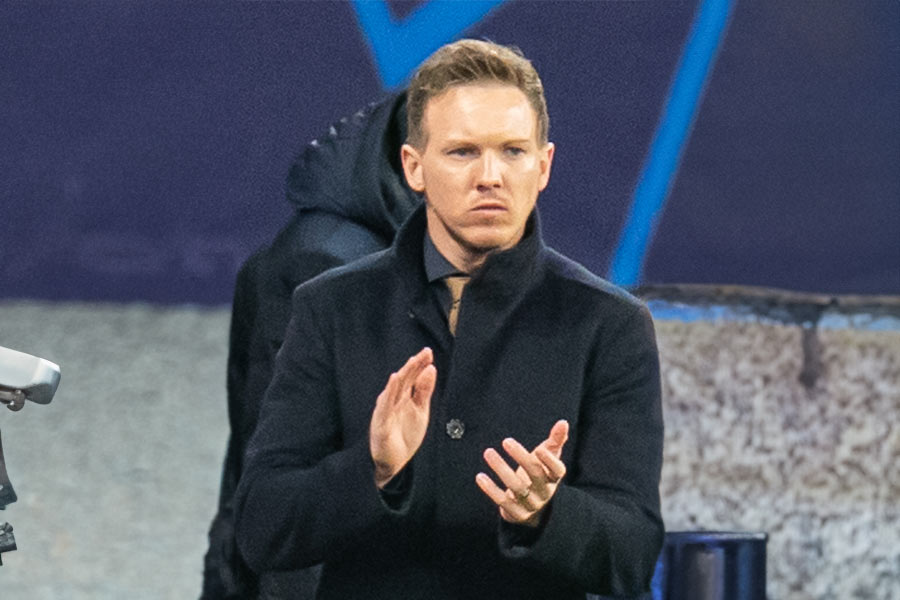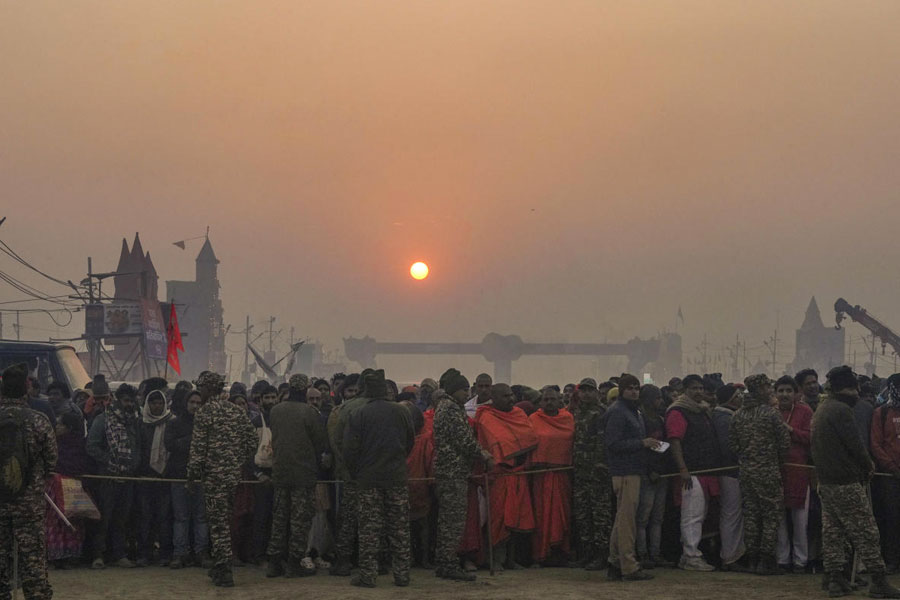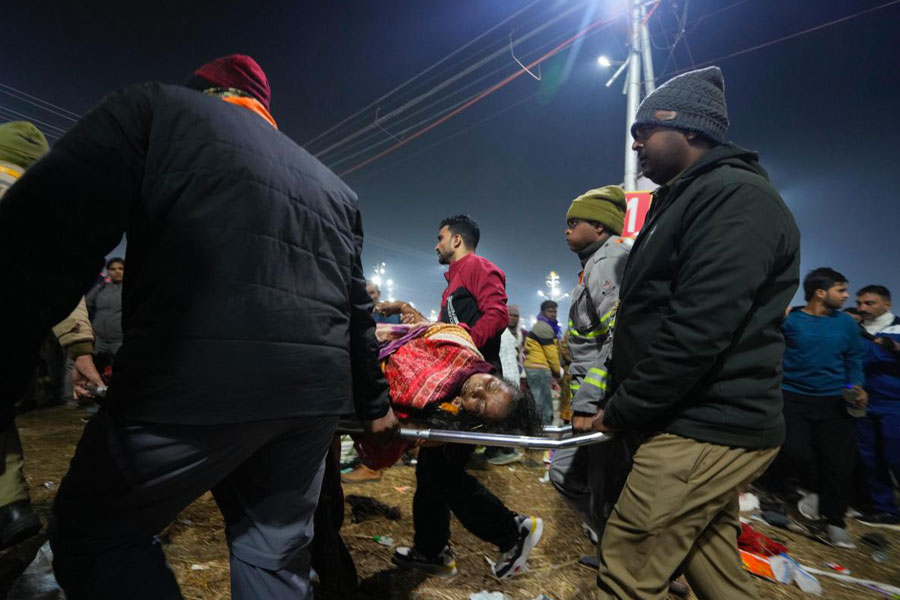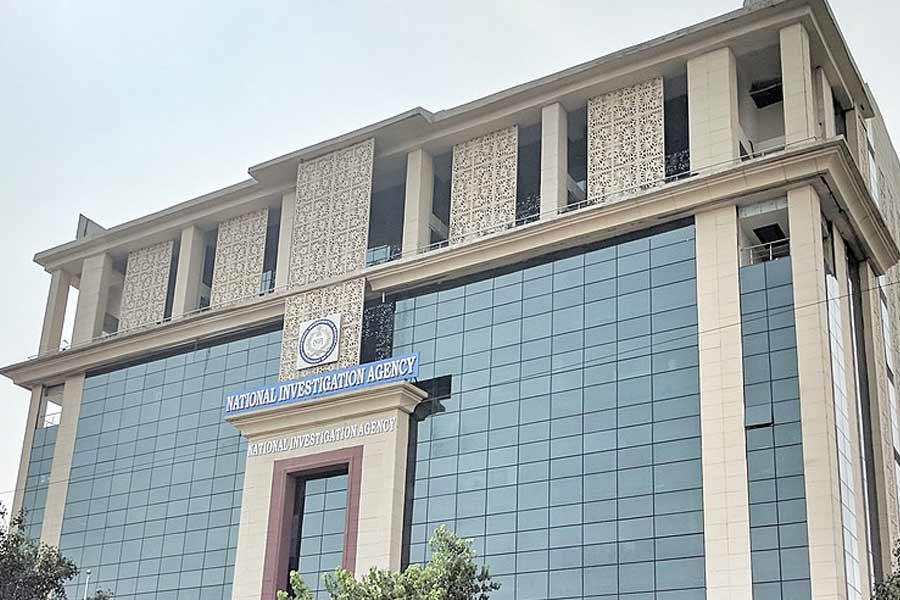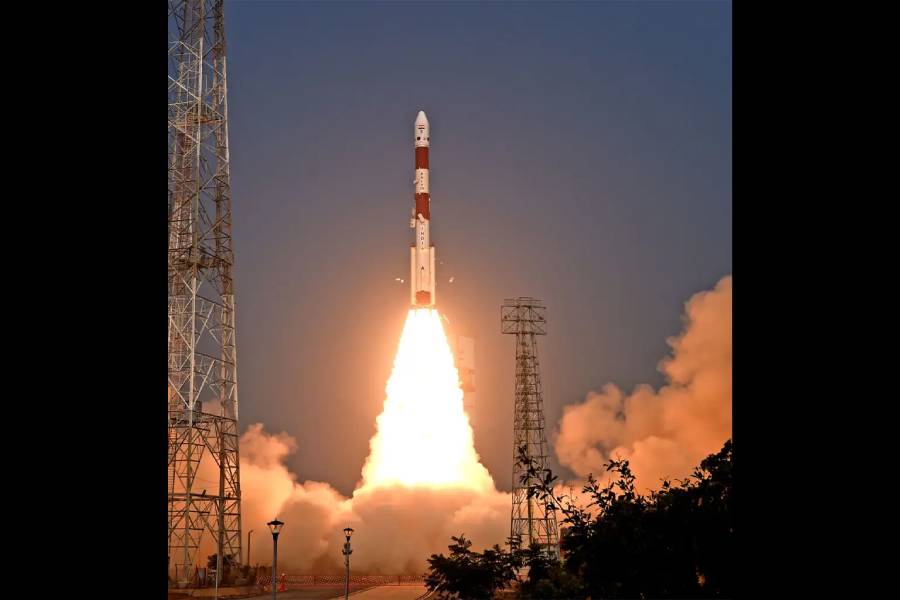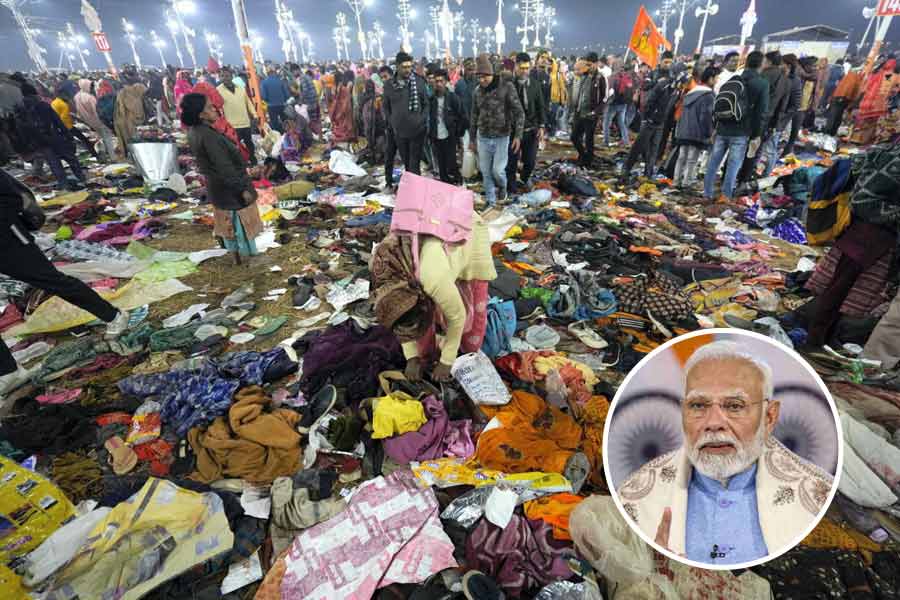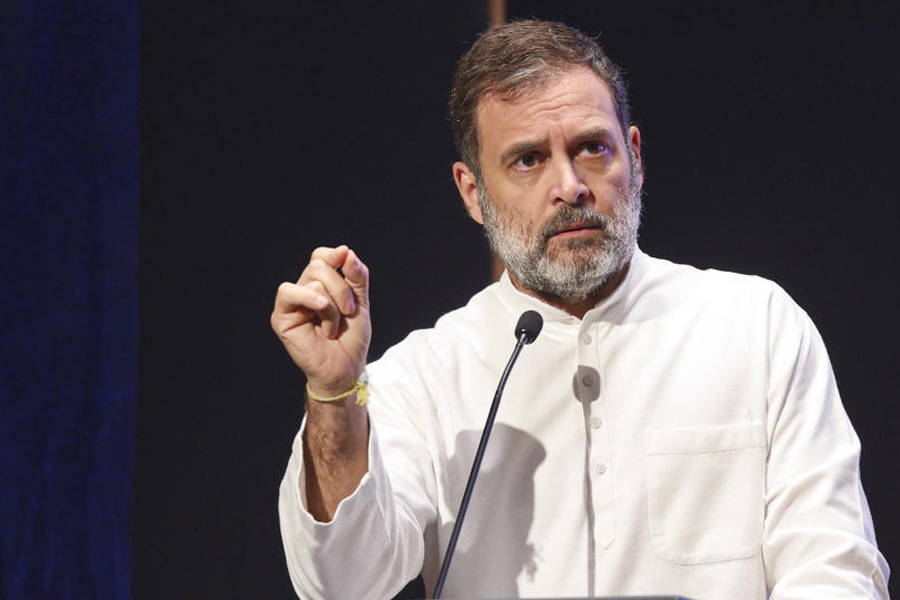A little more than a week before the start of this summer’s European soccer championship, one of Germany’s national broadcasters aired a documentary examining the national team’s history through its multiculturalism. Or, rather, the lack of it.
While the thrust of the film, “Unity and Justice and Diversity,” focused on the progress that Germany had made, it has reverberated inside the country, and beyond, for a very different reason.
In it, the film’s director, Philipp Awounou, included the results of a survey commissioned by the broadcaster, ARD, that asked more than 1,300 people if they agreed with the statement: “I would prefer it if more white players played in the German national team again.” About 21% of respondents said they did.
The backlash was immediate. Joshua Kimmich, a senior member of Germany’s national team, described the survey as racist. German Chancellor Olaf Scholz declared, “We will not allow ourselves to be divided.” They, and many others, focused not on the findings but on the decision to ask the question in the first place.
The job of changing the subject over the next few weeks, though, will fall to a figure who, in his own way, represents how the country wishes to see itself. Julian Nagelsmann, the coach of the national team, is passionate, uncompromising and ambitious. He is also 36, by some distance the youngest man to occupy the post. The task on his shoulders is both lofty and unenviable. He has to lead Germany to glory, in one form or another. And he has to try to restore the country’s sense of self at the same time.
Man of the Moment
Alexander Rosen cannot quite recall which newspaper ran the headline, but eight years later, the phrasing still sticks in his mind. He had just appointed a new coach for the team he runs, TSG Hoffenheim, a small but striving club in Germany’s top division.
That act, in itself, was nothing out of the ordinary, but his candidate, Nagelsmann, definitely was. Nagelsmann had never played elite soccer. He had never coached a senior team. And he was, by anyone’s standards, young.
“A manager is considered young, even now, if they’re in their late 30s,” Rosen said. Nagelsmann, by contrast, was 28 at the time. “We knew him inside the club, so we were pretty relaxed. But outside, the reaction was different. It was funny. There was one headline: ‘Next marketing gag made in Hoffenheim.’”
A decade later, Rosen should probably be allowed a wry smile, if not an outright last laugh. Nagelsmann thrived at Hoffenheim. He went on to coach RB Leipzig and then Bayern Munich, Germany’s most successful team. A host of coaches, cast in his youthful, unconventional image, have since flooded German soccer.
“Julian,” Rosen said, “made the path for them.”
Nagelsmann’s burden is even greater: Germany’s hopes of winning the European Championship — soccer’s second-most prestigious international competition, behind only the World Cup — rest on his shoulders.
On the surface, that feels unreasonable, but then modern Germany’s history has been defined, to no small extent, by soccer.
Its first World Cup win, in 1954, helped rebuild the confidence of a nation still reckoning with the legacy of World War II. Its third, in 1990, came during the process of reunification. In 2014, when it claimed its fourth title, it was with a team that seemed to reflect the country’s flourishing diversity.
The shadow that hangs over this tournament, though, is from a World Cup that Germany hosted but did not win. That 2006 edition is fondly remembered in the country as the “Sommermärchen,” or summer fairy tale, when a thrilling, bold team — discounted before the tournament — captured the hearts of the nation with its run to the semifinals, inspiring Germany to love itself again.
It is that spirit that Scholz is hoping Nagelsmann and his team can capture. The tournament, he told the German Parliament, will allow the country to “show its best side.”
According to Gerald Echterhoff, a professor of psychology at the University of Münster, “These projections signal some political need, a hope that it will lighten the collective mood.” But the sentiment is contagious. Kimmich, too, has talked about how the tournament might inspire “unity.”
In many ways, Nagelsmann’s team fits the bill. The coach himself signals German soccer’s — and perhaps Germany’s — open-mindedness and its willingness to break with tradition. “He represents modern German football,” Rosen said.
The squad Nagelsmann has selected, too, reflects Germany as it would like to see itself. It is captained by Ilkay Gundogan, whose parents immigrated from Turkey. Of its central defenders, Antonio Rüdiger has ancestry from Sierra Leone, and Jonathan Tah from Ivory Coast. They have teammates who can trace their roots to Ghana, Nigeria, Senegal, Serbia and Uzbekistan.
As much as geography, though, the team reflects Germany’s varied generations, a contrast that Nagelsmann has lightheartedly sketched as one between “the rappers in the squad and the yodelers.”
A Fractured Nation
The furor over the ARD documentary, though, hangs in the air.
Awounou, the director, has suggested that much of the criticism of his film came because the results were disseminated outside its original context. He has offered a staunch defense of its journalistic integrity, saying in a recent interview that he and his colleagues had encountered racist statements on social media and in real life and “wanted to know whether these statements represent a relevant part of German society.”
The most compelling proof of the poll’s validity, though, emerged a few days after it aired. On Sunday, when Germany held elections for the European Parliament, the far-right Alternative for Germany party finished second, claiming 16% of the vote.
The correlation is not perfect, and it is not scientific, but it hardly discredits Awounou’s assertion that — while there has been progress over the last 20 years in making German society more diverse — there is “persistent” evidence that “a strong fifth of German society has racist positions.”
The rise of the far right, though, is not the only crisis facing Germany. The economy is in the doldrums: Only 28% of businesses say things are going well, according to a recent survey, and trust in Scholz’s government has slumped. Southern Germany is reeling from flooding that killed six people in June, while the major transportation waterways of the Rhine and the Danube dry up so frequently that shipping regularly has to be suspended.
A Diverse Team
In the buildup to the Euros, Germany’s team, which opens the tournament with a game against Scotland on Friday, has leaned into the iconography of its diversity. Adidas, the team’s primary sponsor, crafted an advertising campaign playing with the idea of what is, and what is not, “typical German.” Gundogan, born in Germany to Turkish parents, features prominently. Nagelsmann, unconventionally young, does, too.
Most telling, though, is one of the ad’s opening shots, which follows a fan wearing a Croatian jersey under a German one. In a country where about 30% of the population can claim immigrant roots, supporting two teams is now as “typically German” as Goethe, Schiller and winning on penalties.
That upbeat tone, though, seems out of step with public expectation. If the social, economic and political outlook is bleak, then the sporting one is not much more encouraging.
Germany’s last three major tournaments have ended in varying shades of humiliation: eliminated in the group stage at the last two World Cups, and swatted aside by England in the last European Championship.
Recent results — including wins against France and the Netherlands — have engendered a little hope, but it is a precarious, delicate thing. But the idea that the team’s performance, good or bad, could affect the national mood is not in doubt.
Whether that might have any effect on Germany — even a palliative one — cannot exactly be determined in advance, Echterhoff said. As much as Germany might want a rerun of 2006, what Nagelsmann himself has referred to as Sommermärchen 2.0, it cannot be willed into existence.
That it could help, though, is not in doubt. Echterhoff has studied the impact of the 2006 World Cup on Germans’ sense of communality and self-esteem. “They were all boosted,” he said.
Rosen, for one, is confident that Nagelsmann and his team are up to the task. “Julian is ambitious, he said, “but he has this sense of fun and joy in what he is doing.”
That enthusiasm, infectious and unbridled, is what has enabled him to break barriers and overturn traditions, Rosen said. He does not see why it cannot charm a country, too.
The New York Times News Service

